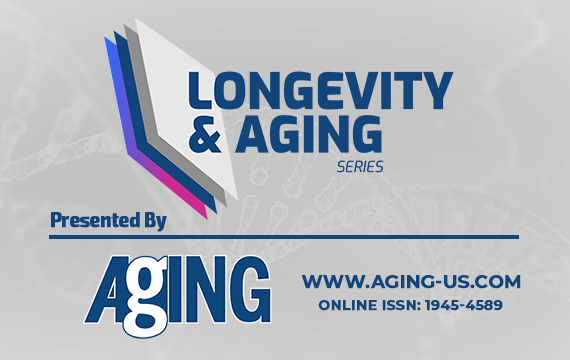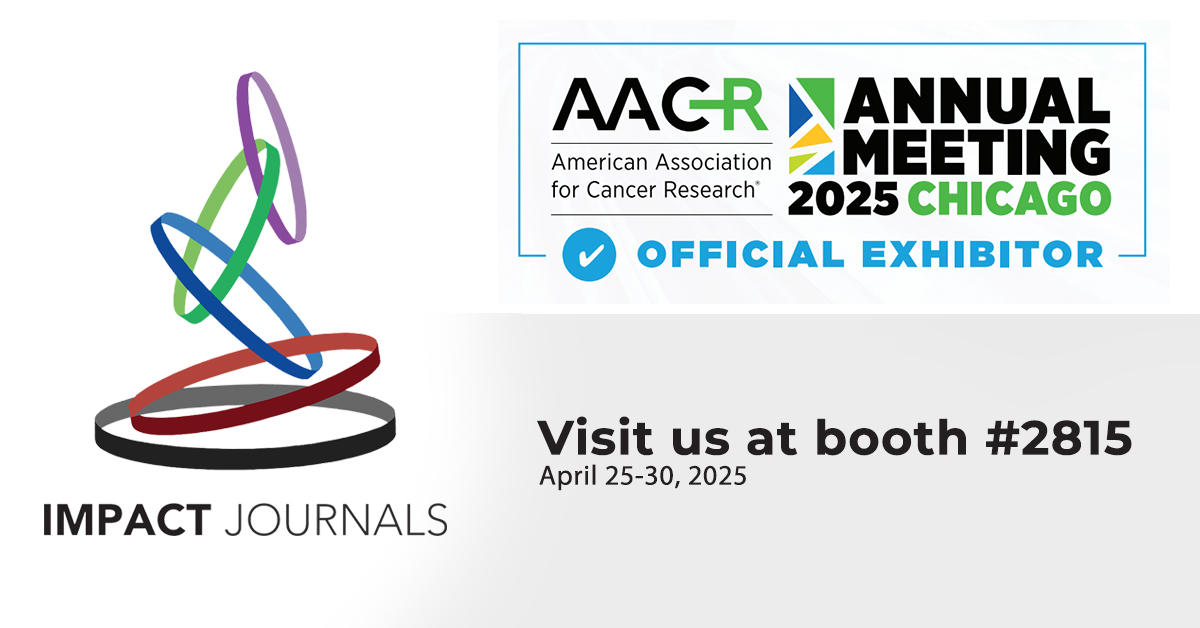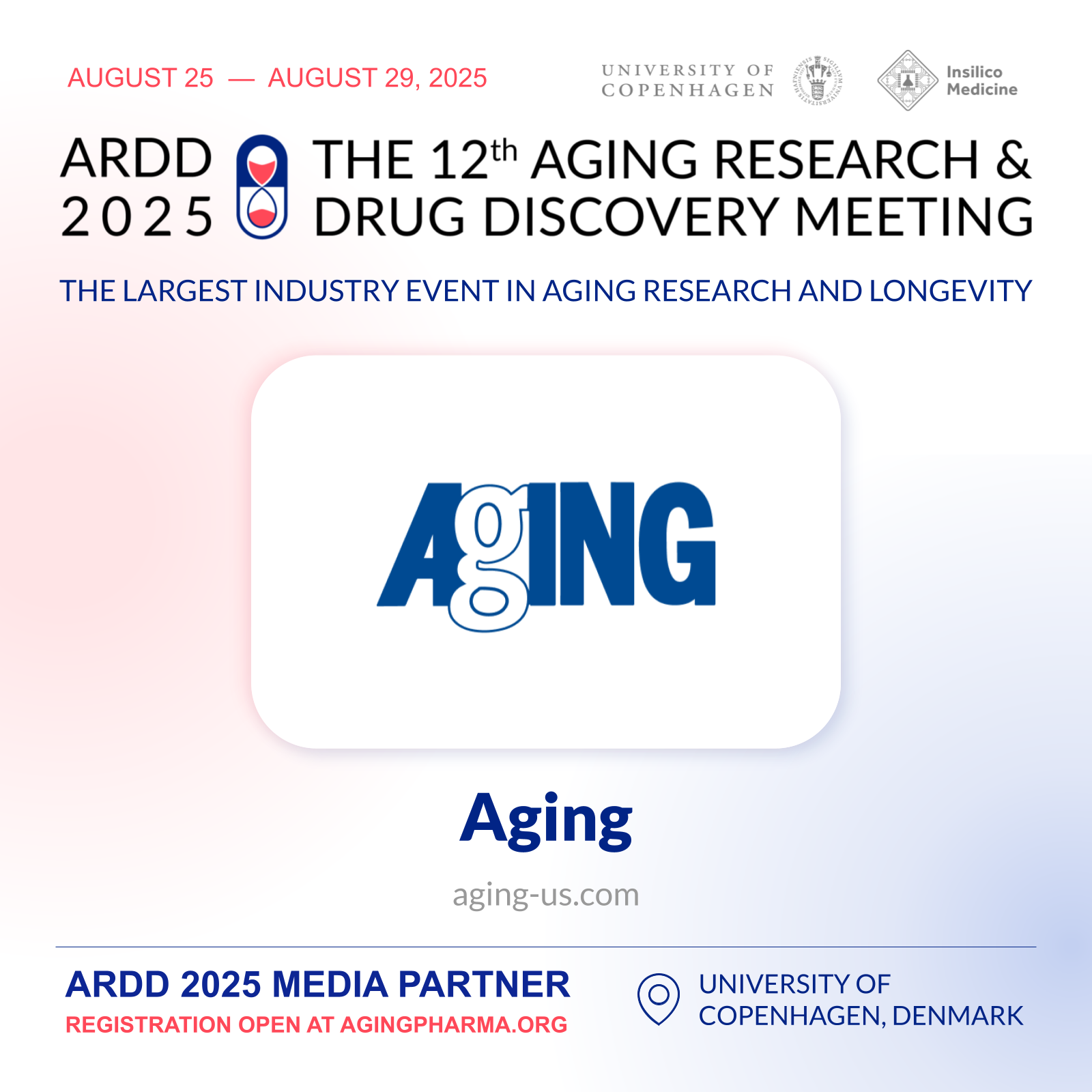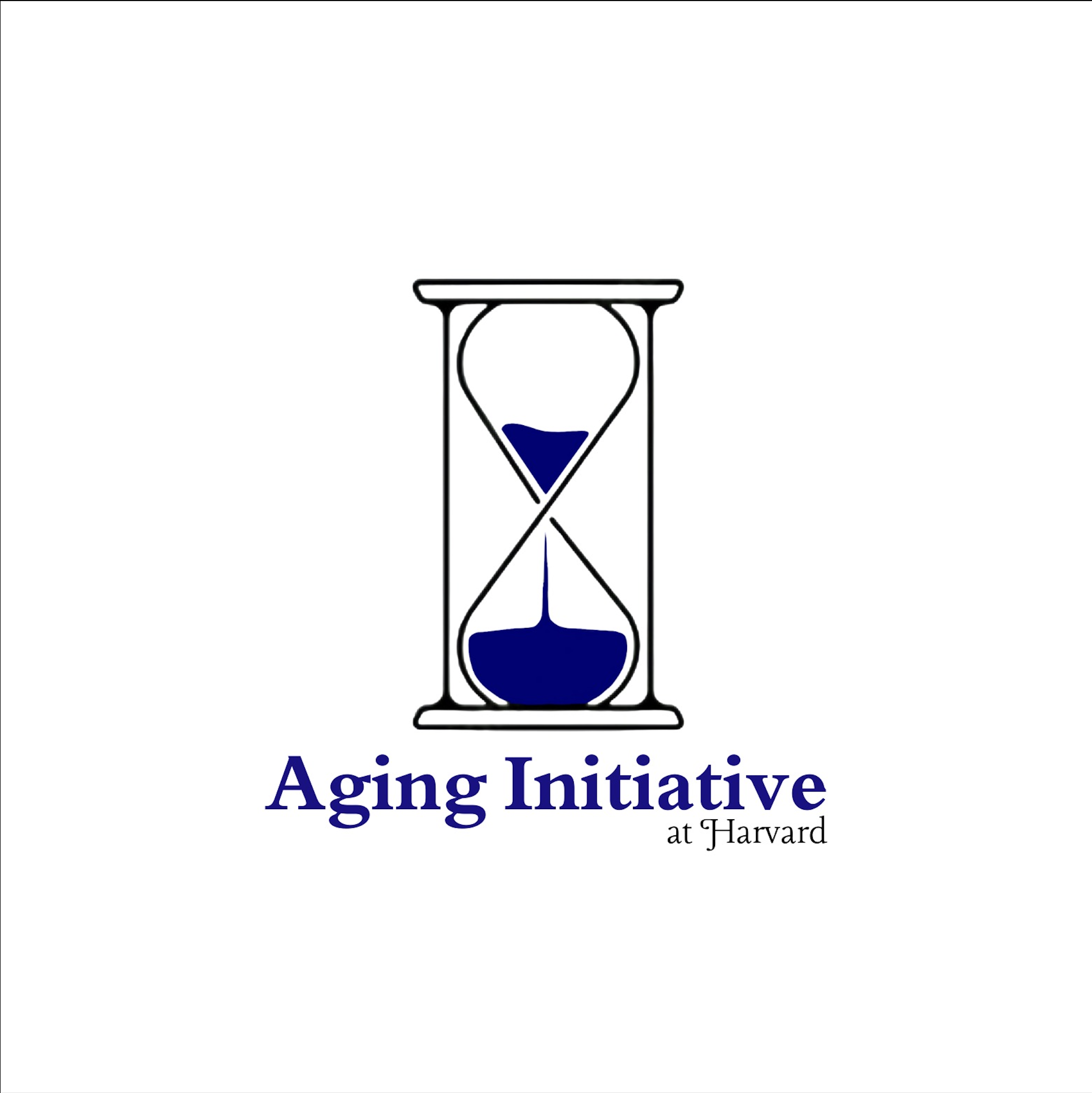Research Paper Volume 12, Issue 21 pp 21544—21558
TCGA and ESTIMATE data mining to identify potential prognostic biomarkers in HCC patients
- 1 Department of Hepatobiliary Surgery, Zhujiang Hospital, Southern Medical University, Guangzhou 510282, China
- 2 Department of Pharmacy, Zhujiang Hospital of Southern Medical University, Guangzhou 510282, Guangdong, China
- 3 Department of Radiation Oncology, Affiliated Cancer Hospital and Institute of Guangzhou Medical University, Guangzhou 510095, Guangdong, China
Received: April 1, 2020 Accepted: August 8, 2020 Published: November 11, 2020
https://doi.org/10.18632/aging.103943How to Cite
Copyright: © 2020 He et al. This is an open access article distributed under the terms of the Creative Commons Attribution License (CC BY 3.0), which permits unrestricted use, distribution, and reproduction in any medium, provided the original author and source are credited.
Abstract
Hepatocellular carcinoma (HCC) is an aggressive form of cancer characterized by a high recurrence rate following resection. Studies have implicated stromal and immune cells, which form part of the tumor microenvironment, as significant contributors to the poor prognoses of HCC patients. In the present study, we first downloaded gene expression datasets for HCC patients from The Cancer Genome Atlas database and categorized the patients into low and high stromal or immune score groups. By comparing those groups, we identified differentially expressed genes significantly associated with HCC prognosis. The Gene Ontology database was then used to perform functional enrichment analysis, and the STRING network database was used to construct protein-protein interaction networks. Our results show that most of the differentially expressed genes were involved in immune processes and responses and the plasma membrane. Those results were then validated using another a dataset from a HCC cohort in the Gene Expression Omnibus database and in 10 pairs of HCC tumor tissue and adjacent nontumor tissue. These findings enabled us to identify several tumor microenvironment-related genes that associate with HCC prognosis, and some those appear to have the potential to serve as HCC biomarkers.




